March 1, 2024: The Red-winged Blackbird returns early each spring for the breeding season. These blackbirds are among the first migratory birds to begin their northward journey. Their migration coincides with the end of winter and the beginning of spring, making late February an ideal time for them to arrive on Cape Cod. This Red-winged Blackbird with bright orange shoulder patches, was recently seen with a large group of blackbirds at Teaticket Park off of Rt. 28.
The red-winged blackbird (Agelaius phoeniceus) is indeed one of the first migrating birds to arrive on Cape Cod in late February. This species is known for its early spring migration patterns, often heralding the arrival of warmer weather in the region. Several factors contribute to their early return:
1. Wintering Grounds: Red-winged blackbirds typically winter in the southern United States and Mexico. As winter starts to wane and temperatures begin to rise, they feel the urge to migrate northward in search of suitable breeding grounds.
2. Migration Timing: Red-winged blackbirds are among the first migratory birds to begin their northward journey. Their migration often coincides with the end of winter and the beginning of spring, making late February an ideal time for them to arrive in New England.
3. Adaptive Behavior: These birds have developed a keen sense of timing over generations of migration. They monitor environmental cues such as daylight length and temperature changes, which trigger their migratory instincts. As soon as conditions become favorable for breeding and feeding on Cape Cod, they start their journey.
4. Food Availability: Red-winged blackbirds primarily feed on seeds and insects. As spring arrives, these food sources become more abundant, especially in wetlands and marshes where they often breed. The early arrival of red-winged blackbirds allows them to take advantage of these resources.
5. Competition and Territory Establishment: Being among the first migrants gives red-winged blackbirds an advantage in establishing territories and securing mates. By arriving early, males can claim prime breeding territories and attract females before other species arrive.
Overall, the early arrival of red-winged blackbirds in late February is a result of their evolutionary adaptation to seasonal changes, their need to find suitable breeding grounds, and the availability of food resources on Cape Cod as winter transitions into spring.

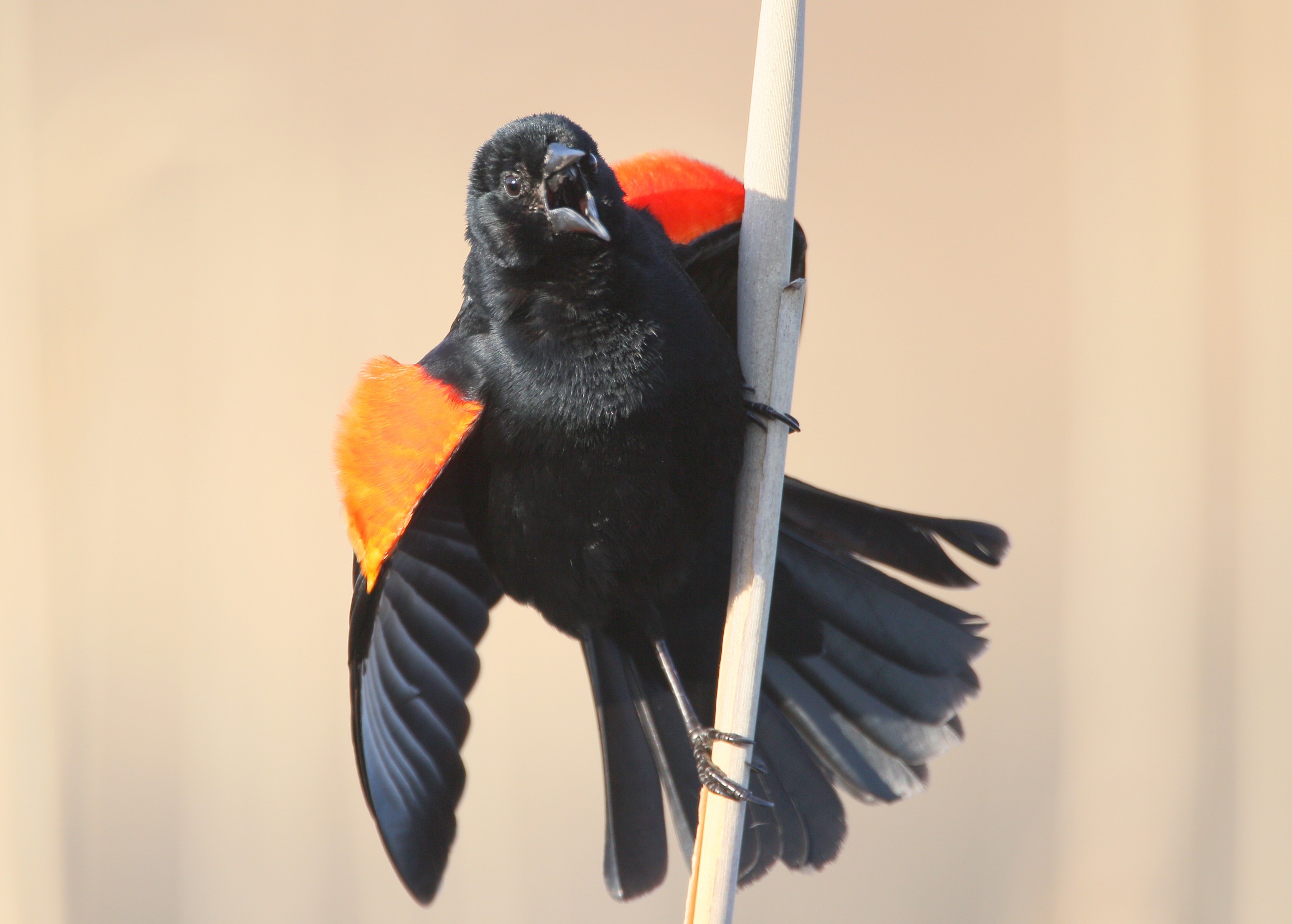
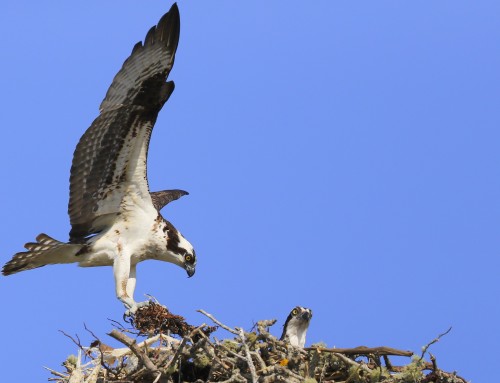
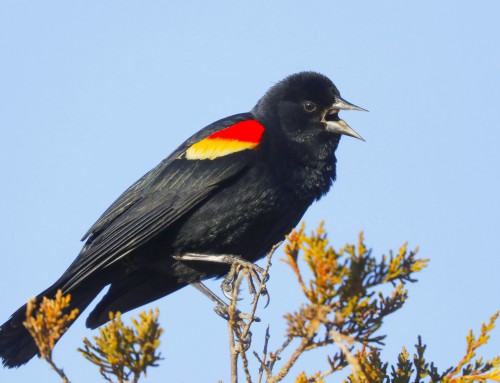

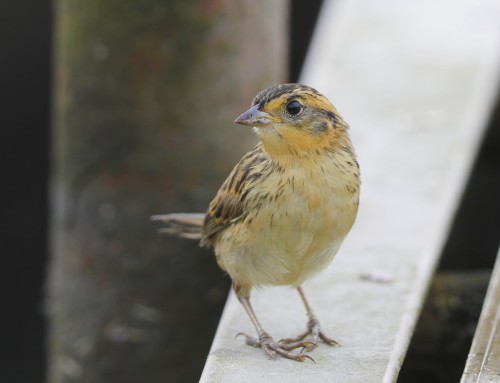
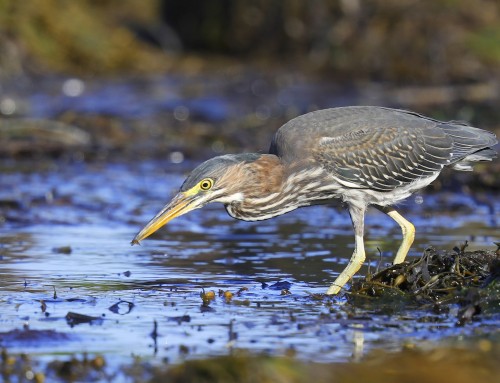
Leave A Comment
You must be logged in to post a comment.